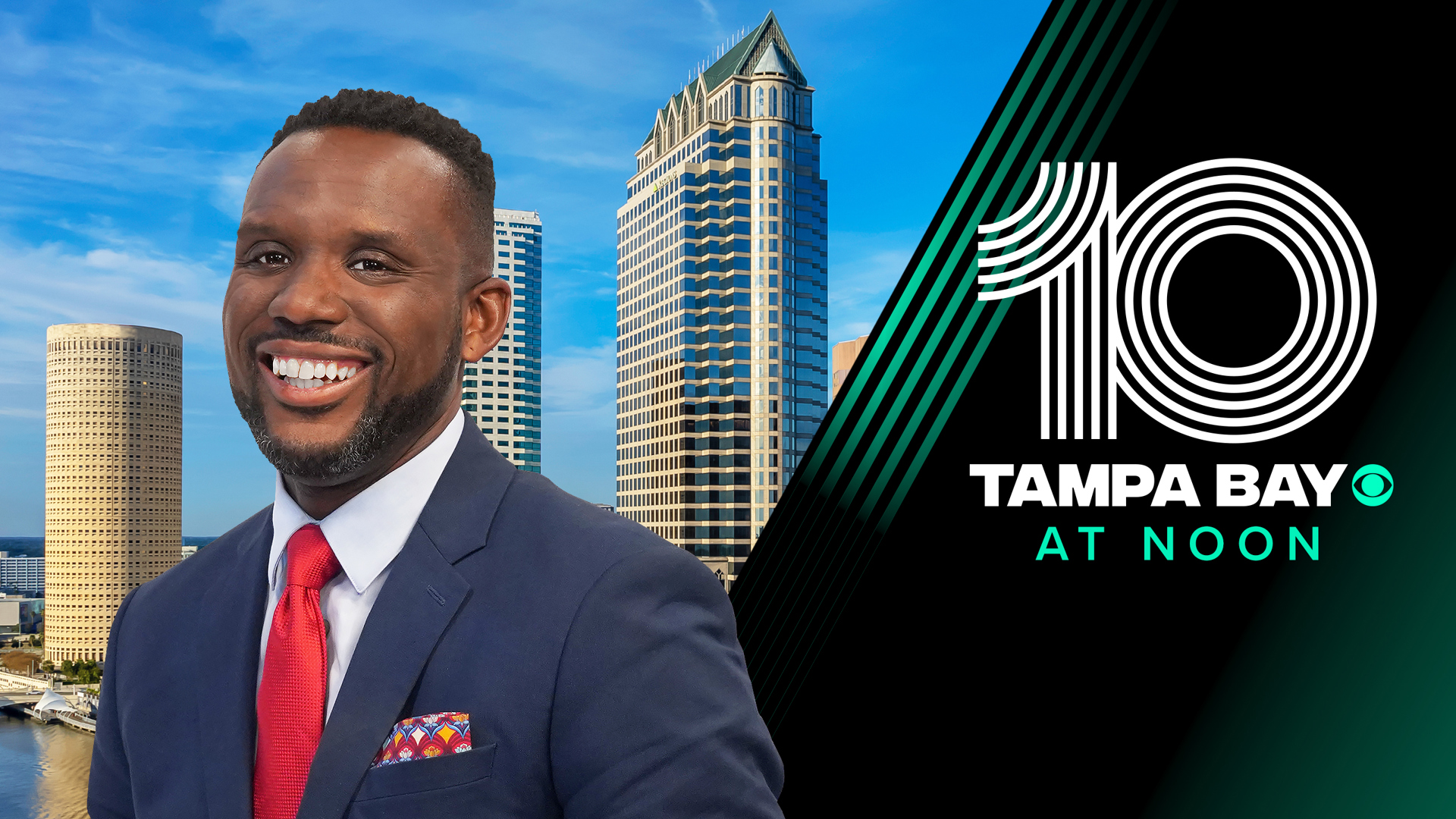Nearly 1.5 million people in Florida can’t vote because they’ve committed a felony, even though they have completed their sentences.
The Rev. Demetrius Jifunza has been out of prison for over 20 years and still cannot participate in elections.
“I've already been punished. I already did that. Now I'm constantly being punished over and over again,” he said.
Jifunza spent almost four years behind bars for armed robbery when he was 18 years old. He was the driver.
“Did I know about it at first? No, I didn't,” he said. “But once we got close to the place, that's when everybody was telling me what was going on. So, I have to accept responsibility. I was there.”
A proposed amendment to the Florida Constitution would give people like him, who have served their time, their voting rights back. It will be up to voters to decide whether to approve Amendment 4.
Jifunza is taking his message everywhere he can, including his church.
“Is it fair that for the rest of your life you'll be known for that one bad decision you made in your life?” he said while preaching in Lake Wales.
Sixty miles away, Lisa Washington shares a similar story.
“I paid restitution. I did community service hours. I was incarcerated for 48 hours. I do feel like I paid my dues and basically lost everything that I had,”
She lost her job with the Hillsborough County school district and her house after she was found guilty of exploiting the elderly 14 years ago.
“My mother was dating an older gentleman and his children, I don't think they cared too much for the relationship,” she said. “They felt like we were taking advantage of him.”
Now she’s working again and has a place to live but has yet to regain her right to vote.
Richard Harrison, the executive director of Floridians for a Sensible Voting Rights Policy, doesn’t see an issue with that.
“I don't think felons ought to be allowed to vote,” he said to an audience in Tampa.
He’s leading the opposition against the proposed amendment that would restore felons’ right to vote.
The proposal excludes murderers and rapists, but Harrison does not believe all other felons should be treated equally.
“Repeat offenders, violent criminals, I think they should have a much harder path and maybe never get there at all,” he said.
There is currently a path for felons to petition to get their voting rights back. Both Washington and Jifunza applied years ago and are still waiting to hear back.
“I'm working, I'm paying taxes, I'm raising a family, I think I should be able to have a voice in the laws that is going on. I think I should be able to vote,” Jifunza said.
The proposal would have to get 60 percent of the vote next November to pass.
“If you can't do the time, don't do the crime, you've heard that, right?” Jifunza told his congregation. “But what about those who have done the crime and have done the time and now is doing something right with their time?”
►Make it easy to keep up-to-date with more stories like this. Download the 10 News app now.
Have a news tip? Email tips@wtsp.com, visit our Facebook page or Twitter feed.



